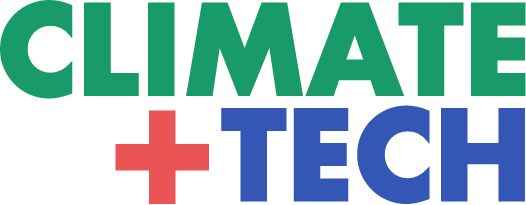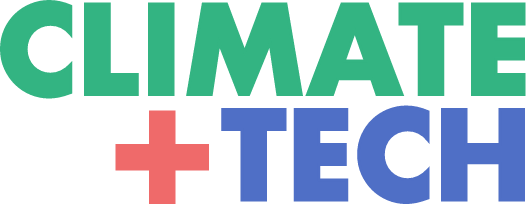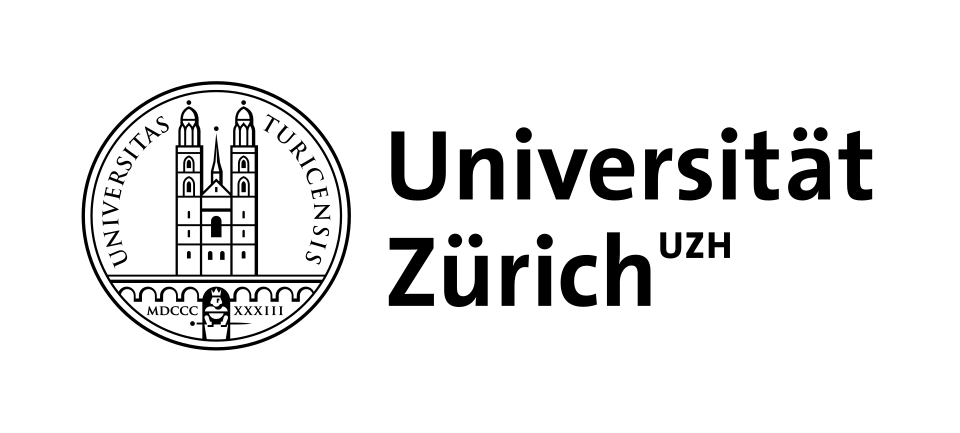Good Guys vs Bad Guys: AI-Powered Carbon Compliance Analysis
Research Overview
Corporate sustainability reports contain varying levels of compliance with carbon emission regulations. Our research uses artificial intelligence to analyze these reports and identify patterns of compliance and evasion across different company types.
The Challenge
While carbon pricing mechanisms and emission regulations expand across the European Union, corporate responses vary significantly. Some companies report transparently, while others employ tactics such as:
- Selective reporting of favorable data
- Regulatory arbitrage exploiting framework ambiguities
- Superficial initiatives without substantive change
- Creative accounting in emissions classification
Manual analysis of sustainability reports is time-intensive and difficult to scale, creating gaps in regulatory oversight.
Research Methodology
We’re using ChatReport, a tool for analyzing corporate sustainability reports against regulatory standards. Building on the ChatReport research methodology, we developed enhanced functionality for corporate compliance analysis.
Our ChatReport Implementation:
- Enhanced Question Sets: Customizable question frameworks for different analysis needs
- Web Application: Streamlit-based interface for uploading and analyzing sustainability reports
- Comparative Analysis: Tools for evaluating multiple companies against compliance criteria
- Data Visualization: Radar charts and CSV export for analysis results
The tool allows researchers to upload corporate sustainability reports and run systematic analysis using predefined question sets, generating comparable scores across different companies and compliance dimensions.
Technical Implementation: Our code and enhancements are available on GitHub at climateandtech/chatreport, including the web interface and customizable question set functionality.
Background Research: ChatReport is based on extensive academic research into LLM-based sustainability report analysis. For detailed information about the underlying methodology, see our comprehensive overview of the ChatReport study.
Sample Design:
- “Good Guys”: 15 companies recognized among the world’s most sustainable (Global 100 rankings)
- “Bad Guys”: 15 companies previously fined for carbon regulation violations
Analysis Approach: We built custom question sets on top of the ChatReport framework to systematically analyze sustainability reports from both company groups. Our custom question sets focus specifically on:
- Carbon emission disclosure quality and completeness
- Regulatory compliance indicators
- Transparency in reporting methodologies
- Verification and audit practices
This approach allows us to compare how different companies approach sustainability reporting and identify patterns that distinguish compliant from non-compliant behavior.
Preliminary Findings
Initial analysis shows measurable differences between company groups:
“Good Guys” tend to demonstrate:
- Robust governance frameworks integrating climate risks
- Comprehensive emissions reporting with external verification
- Clear accountability mechanisms
“Bad Guys” often exhibit:
- Inconsistent performance across TCFD criteria
- Selective reporting obscuring details
- Lack of external verification
Research Questions:
- RQ1: Statistical differences between compliant vs. non-compliant companies? Answer: Yes
- RQ2: What clusters exist beyond “good/bad”? Answer: Three clusters including “mixed” category
- RQ3: AI assessment confidence levels? In progress
- RQ4: Better evaluation criteria development? In development
Partnership with Viadrina University
We collaborate with Viadrina University (European University) research team, led by researcher Lolie Cambolive. This partnership provides expertise in European regulatory frameworks, corporate governance research, and machine learning applications.
Policy Applications
Our research supports evidence-based policy making by:
Identifying Regulatory Gaps:
- Loopholes enabling selective reporting
- Verification weaknesses in oversight systems
- Sector-specific vulnerabilities
Enhancing Enforcement:
- AI-powered monitoring tools for compliance assessment
- Automated flagging of inconsistent reporting practices
Open Science Approach
Research operates on open science principles with open datasets, transparent methodology, and collaborative platform for model improvement.
Next Steps
The integration of AI into regulatory oversight can help close gaps between corporate climate commitments and actual compliance. Our goal is developing practical tools for corporate climate accountability that provide reliable compliance assessments.
Join us in developing evidence-based tools for improving corporate climate accountability.
Spring-Summer 2024: ChatReport Tool Adaptation
Adaptation of analysis tool based on ChatReport research methodology for sustainability report evaluation
Summer 2024: Master Thesis Completion
Lolie Cambolive completes master thesis on corporate compliance analysis using AI tools
End of 2024: Dataset Research
Open research phase for identifying and accessing additional corporate sustainability datasets
Current: Working Paper Development
Collaborative working paper in progress - researchers and experts welcome to join
Goal: Collaborative Research Paper and Dataset
Developing joint research publication and open dataset on corporate compliance patterns for academic and policy use
Related Research & Background
View all posts »ESA Climate Change Initiative: Open Data for Climate Risk and Adaptation
Explore the ESA Climate Change Initiative (CCI)—an open data platform providing satellite-based climate data and tools for risk assessment and adaptation planning.
AI's Impact on Sustainability and ESG Professionals: Navigating the New Landscape
Explore the profound ways in which AI is reshaping the sustainability sector and empowering professionals with new tools and insights.
10 Long-Term Risks for Real Estate Investors Overlooking ESG Criteria
Investing in properties without full ESG compliance can pose significant long-term risks. Discover the crucial factors that every real estate investor should consider.
Climate Risk Intel: Democratizing Open Climate Risk Data
Bridging the gap between complex open climate risk data and practical decision-making through accessible platforms and tools.
AI Benchmark for Sustainability Report Analysis
Building open-source tools to benchmark AI models in sustainability report analysis, with focus on detecting greenwashing and improving transparency.
Carbonara: Carbon Tracker for Software Development
Introducing Carbonara, a carbon tracking tool for sustainable software engineering.
We're looking for researchers, policy experts, and organizations interested in improving corporate climate accountability.
Join the Research
Interested in contributing to corporate compliance analysis?


